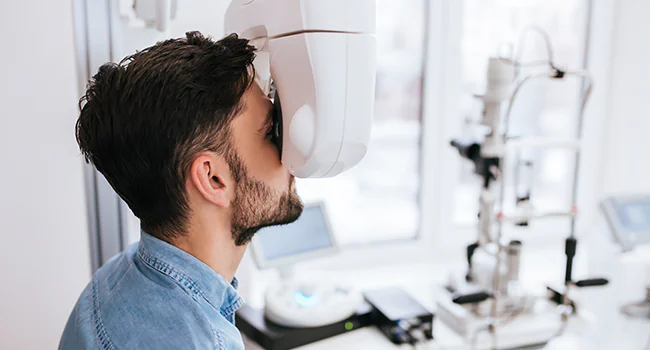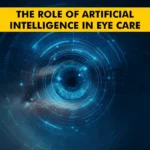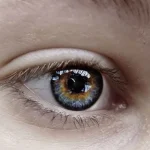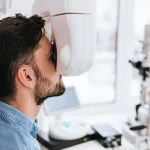Introduction
The term neuro-ophthalmology is quite self-explanatory as it combines neurology and ophthalmology. So, in simple terms, you can say that neuro-ophthalmology deals with neurological disorders that affect the visual system. Neuro-ophthalmologists are professionals with expertise in both these fields to treat patients who suffer from neurological problems related to the eye.
This article will discuss some common neuro-ophthalmology disorders and their treatment.
What is Neuro Ophthalmology?
Whatever visions we see through our eyes are transmitted to the brain as visual signals through the optic nerve. The brain then resolves the visuals into images that help us know what we are seeing. If the optic nerve is damaged, these visual signals are impaired, which will eventually lead to impaired vision and other eye-related problems. The field of neuro-ophthalmology deals with such neurological conditions that affect the eyes and cause problems with vision. Neuro ophthalmic disorders are varied and can cause permanent damage if not diagnosed and treated on time.
Some common neuro-ophthalmology symptoms like reduced visual activity, double vision, headaches, impairment of colour vision, and visual field defects are not to be ignored. If you face any of these symptoms, you must immediately take advice from a neuro-ophthalmologist.
What are some neuro ophthalmology disorders?
There are several eye conditions that people suffer from. However, which of these diseases classify as neuro-ophthalmic disease might get confusing if you are in no way familiar with the medical jargon or have no knowledge about the field. So to help you understand what neuro-ophthalmology disorders are, let us discuss some of the common ones below.
1. Diabetic neuropathy-
This is one of the common neuro-ophthalmic diseases that occur in diabetic patients. The optic nerve is damaged due to extremely high blood sugar levels. As the disease progresses, the blood supply to the retina is completely cut off, leading to visual impairment and blindness.
2. Optic neuritis-
In this condition, there is inflammation of the optic nerve, which occurs due to an infection or an autoimmune disease. The inflammation interferes with the normal functioning of the optic nerve and may affect your vision in the long run.
3. Nutritional optic neuropathy-
This condition is mainly caused due to nutrient deficiencies like vitamin B complex deficiency and folic acid deficiency. It is also commonly seen in people with alcohol and tobacco abuse. The toxic substances in alcohol and tobacco damage the optic nerve and cause eye-related problems.
There are quite a few disorders that can be classified as neuro-ophthalmology diseases. However, those mentioned above are the most common ones that may help you understand the term better.
How are these diseases treated?
Now that we know what neuro-ophthalmic disorders are, we can discuss the options available for neuro-ophthalmology treatment. The treatment will depend on the type and severity of the disorder. The treatment options include oral medications, injectables, and eye surgery. Usually, antibiotics and corticosteroids are administered to target the infection for conditions like optic neuritis. Vitamin injections are administered in cases of nutritional optic neuropathy. In advanced stages of diabetic neuropathy, the bloody viscera of the eye is removed with vitrectomy.
Why CFS?
Centre for Sight (CFS) is a large chain of eye hospitals present throughout the country. CFS works with the aim of providing the best eye care to all with advanced treatment options and an expert team of doctors. The experienced neuro-ophthalmologists at CFS will guide you through neuro-ophthalmology disorders’ diagnosis and treatment procedures.
Article: Neuro Ophthalmology: What procedures does it include?
Author: CFS Editorial Team | Apr 18 2022 | UPDATED 02:00 IST
*The views expressed here are solely those of the author in his private capacity and do not in any way represent the views of Centre for Sight.





